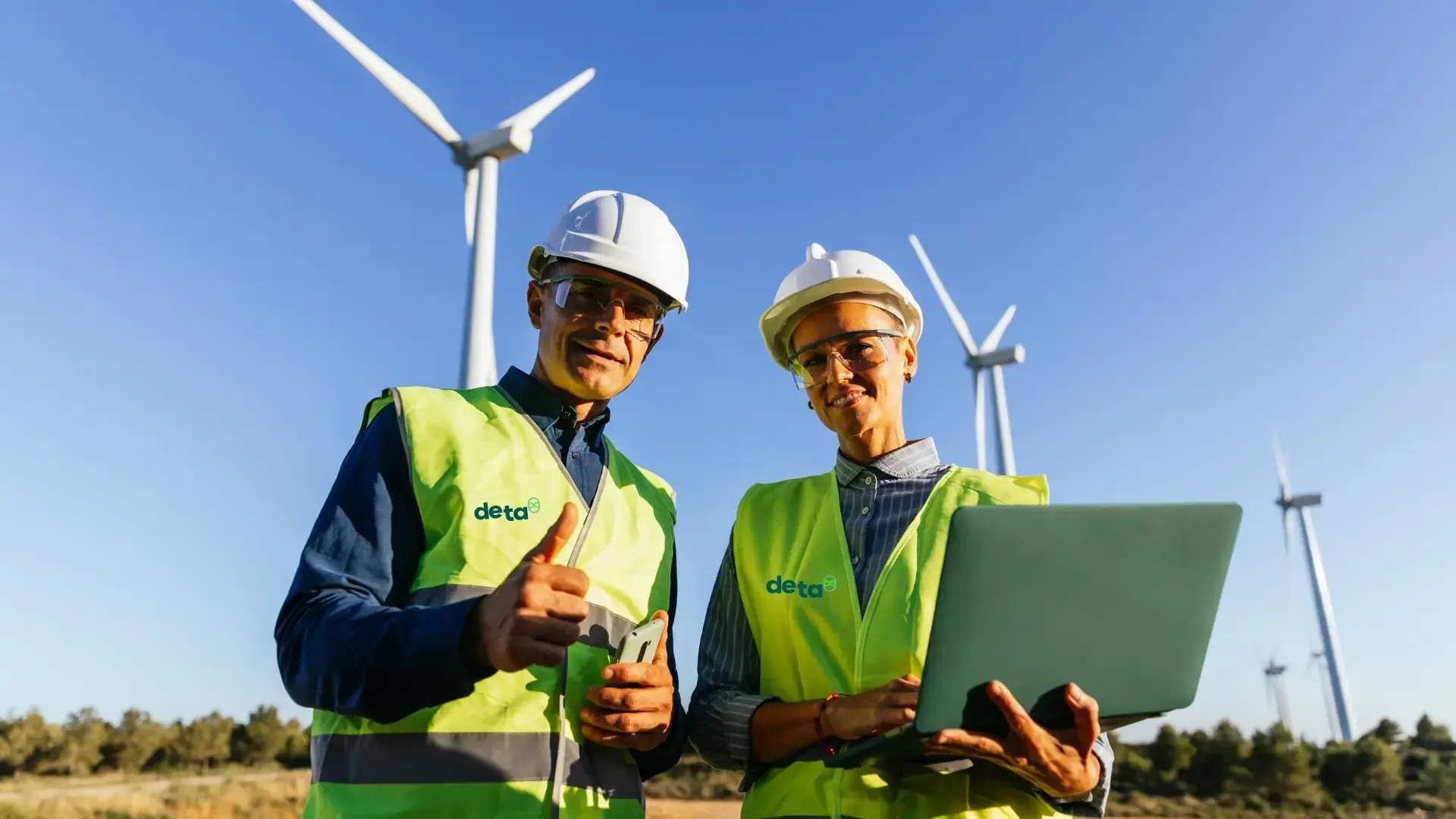Proactive Solutions for New Zealand’s Gas Challenges
Energy Efficiency and Conservation: Navigating New Zealand's Gas Challenges
New Zealand’s energy market is undergoing a dramatic transformation. Rising gas prices, a steady decline in local gas production, and the country’s ambitious decarbonisation targets are creating significant pressure for businesses to adapt. The era of cheap, reliable gas is fading, and for industries that rely on it, the time to act is now. Businesses need to move beyond merely coping with the changes and start embracing practical, forward-thinking solutions that drive efficiency, reduce costs, and align with New Zealand’s sustainability objectives.
While the pressure to reduce fossil fuel dependency grows, there’s an opportunity for businesses to innovate. By adopting energy-efficient technologies and lower carbon alternatives, companies can gain a competitive edge while managing the immediate impacts of the gas crisis and preparing for a future with more sustainable energy sources.
The evolving gas landscape: what’s driving the change?
New Zealand’s gas sector is in a state of flux, with local production dwindling and no imported natural gas available. On top of this, the government’s commitment to achieving net-zero emissions by 2050 is placing additional pressure on businesses to reduce their carbon footprint.
For many businesses, continuing to rely on gas is no longer a sustainable long-term strategy. Now is the time to take a step back and consider alternative energy solutions that provide greater stability and long-term value. The path forward involves shifting away from traditional fossil fuels, investing in energy-efficient technologies, and exploring lower carbon energy alternatives.
Energy efficiency: the key to resilience
While facing such uncertainty in the energy market, energy efficiency is more than just a cost-saving measure—it’s key to building resilience. By reducing energy consumption, businesses can mitigate the financial impact of rising gas prices, all while contributing to New Zealand’s decarbonisation goals. Achieving energy efficiency means not only cutting down on costs but it also positions businesses as leaders in sustainability, supports the uptake of a continuous improvement mindset across the business, and reduces environmental impact.
But considering energy efficiency alone isn’t enough. The real challenge lies in the broader energy supply-demand balance across New Zealand. As businesses look to transition away from gas, the energy must still come from somewhere and the market has to react. This is a massive challenge for NZ Inc but many businesses are looking at ways to be innovative and creative with their energy usage and procurement utilising tools like storage, flexible operation and long term contracts to not only create maximise value for their organisations but also to support New Zealand's energy transition.
Practical steps for driving energy efficiency
To stay competitive and resilient in the current gas climate, businesses in the energy and industrial sectors must take a strategic and innovative approach to energy usage. By integrating market leading technology and driving operational and process efficiencies, businesses can improve their asset resilience and reduce gas usage while also, boosting their financial and environmental performance. Let’s take a look:
1. Mass and energy balances and real-time monitoring
Critical to driving efficiency is an in depth understanding of how a facility actually operates. Core to this is the development of a Mass and Energy balance which provides a clear picture of how energy is produced and used across a sites operations. Businesses are then taking this to the next level with real-time energy monitoring. Not only will this improve understanding of site operations, continuous data on energy consumption enables businesses to pinpoint inefficiencies as they happen. This dynamic approach allows them to adjust energy consumption in real-time, and make informed decisions of where improvements can be made.
2. Technological upgrades
Upgrading to energy-efficient systems is a proven method for reducing gas consumption. Industrial energy technology is a fast moving field and so whether it’s installing high-efficiency HVAC systems, cutting edge steam heat pumps, or replacing aged air compressors, these upgrades lower energy use and improve operational performance. With the right technologies in place, businesses can enjoy significant savings and enhanced sustainability.
3. Optimising operational practices
Small changes can add up to big savings. Scheduling energy-intensive activities during off-peak hours, integrating heat recovery systems to capture and reuse waste heat, and implementing comprehensive maintenance program will enable businesses to drive improvements across all facets of their operation. This is not a one and done approach, a continuous improvement mindset will enable business to progressively reduce their energy costs and demand.
The role of industry collaboration and policy
The transition to a sustainable energy future isn’t something businesses can do alone. It will require collaboration between the public and private sectors, industry bodies, and individual businesses. Government policies that incentivise energy efficiency, support low carbon technology adoption, and encourage the development of flexible energy usage are critical in helping businesses make this transition.
Industry collaboration also plays a key role. Sharing knowledge, developing best practices, and advocating for supportive policies can help accelerate the widespread adoption of energy-efficient practices and make the transition to a low-carbon economy smoother for everyone.
Conclusion: navigating the transition with strategic insight
The challenges posed by rising gas prices and New Zealand’s decarbonisation goals are significant—but they are also opportunities for businesses to innovate and lead the way in sustainability. By adopting energy-efficient technologies, optimising operations, and transitioning to renewable energy solutions, businesses can reduce their dependence on gas, lower operational costs, and build resilience against energy market volatility.
For businesses in energy-intensive sectors now is the time to act. The window for proactive action is closing, but with the right strategies, companies can successfully navigate this transition and support New Zealand's vision of achieving a productive and low-carbon economy. DETA’s expertise in energy and sustainability consulting can help guide your organisation through this journey, supporting your efforts to reduce energy consumption, improve efficiency, and achieve long-term sustainability goals.
Take control of your energy future today — reach out to our team for expert advice and actionable solutions.






